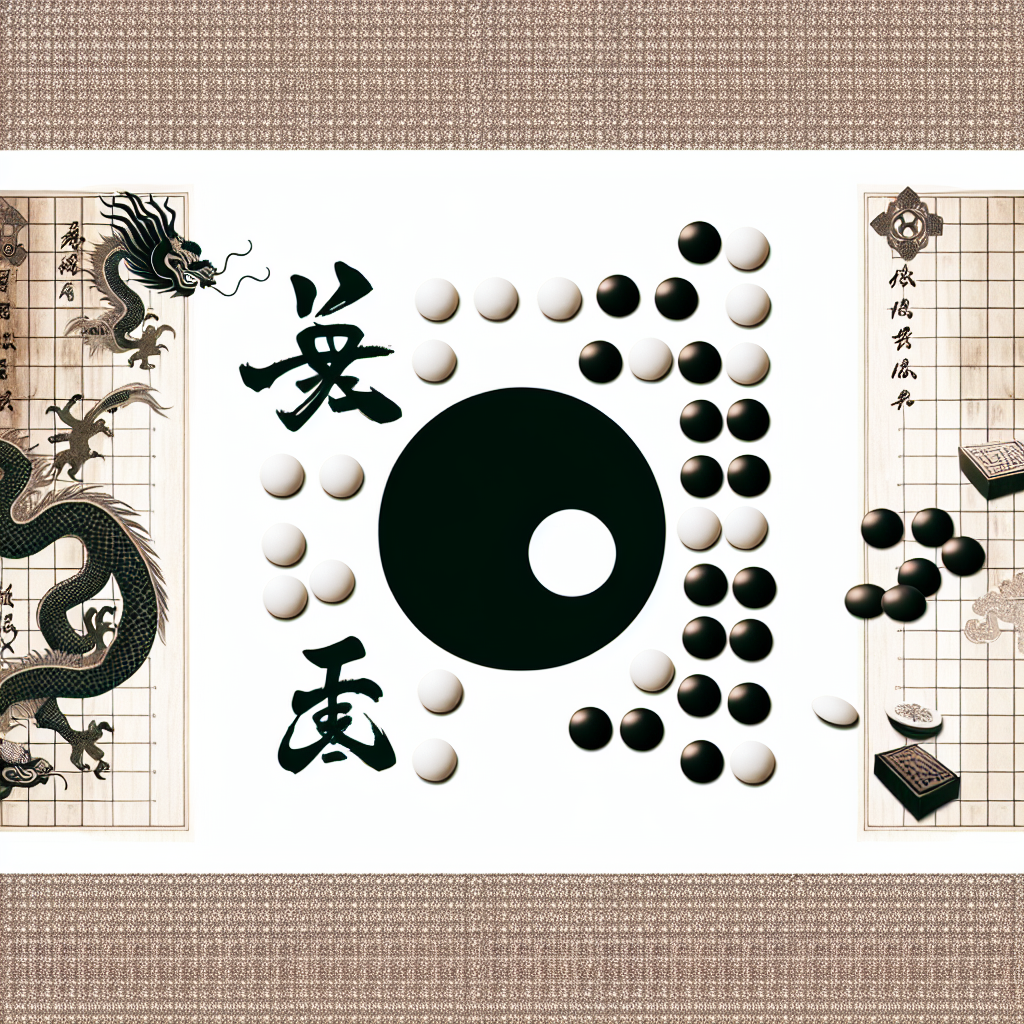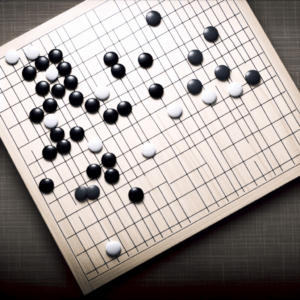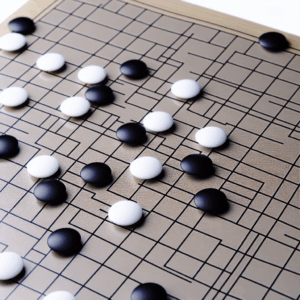Traditional Ancient Origins of Baduk: A Journey Through Time
Baduk, also known as Go or Weiqi, is a strategic board game with a rich history and deep strategic depth. In this article, we will explore the traditional ancient origins of baduk, delving into its cultural significance and the strategic principles that have shaped the game over centuries.
The Ancient Roots of Baduk
Baduk is believed to have originated in China over 4000 years ago, making it one of the oldest board games still played today. The game was originally used as a tool for teaching military strategy and was highly regarded by scholars and nobles in ancient Chinese society.
The Spread of Baduk
Over time, baduk spread to other parts of Asia, including Korea and Japan. In each country, the game took on a unique cultural significance. In Japan, for example, the game became associated with the samurai class and was used as a form of mental training.
The Principles of Baduk
Despite its long history and varied cultural contexts, the principles of baduk have remained consistent. The game revolves around the concepts of territory and influence, with players aiming to control more of the board than their opponent. This is achieved through the placement of stones, which can be used to capture enemy stones or establish strong formations.
Examples of Baduk Strategy
Consider a game where you have a group of stones that are being threatened by your opponent. One possible strategy would be to create a two-eyed formation, which would make your group invincible. Alternatively, you could try to connect your group to another one of your groups, creating a larger formation that would be harder for your opponent to attack.
Tips for Improving Your Baduk Play
Understanding the ancient origins and principles of baduk can help you improve your own play. Here are some tips to keep in mind:
- Think in terms of territory: Remember that the goal of baduk is to control more of the board than your opponent. Always be thinking about how you can expand your territory while limiting your opponent’s.
- Learn from the masters: Studying games by professional players can provide valuable insights into advanced strategies and tactics.
- Practice regularly: Like any skill, baduk requires regular practice. Try to play a game every day, even if it’s just a quick one.
Conclusion
The traditional ancient origins of baduk provide a fascinating glimpse into the game’s rich history and cultural significance. By understanding these origins and the strategic principles that have guided the game for centuries, you can deepen your appreciation for baduk and improve your own play. Remember to think in terms of territory, learn from the masters, and practice regularly. Happy playing!



Comments